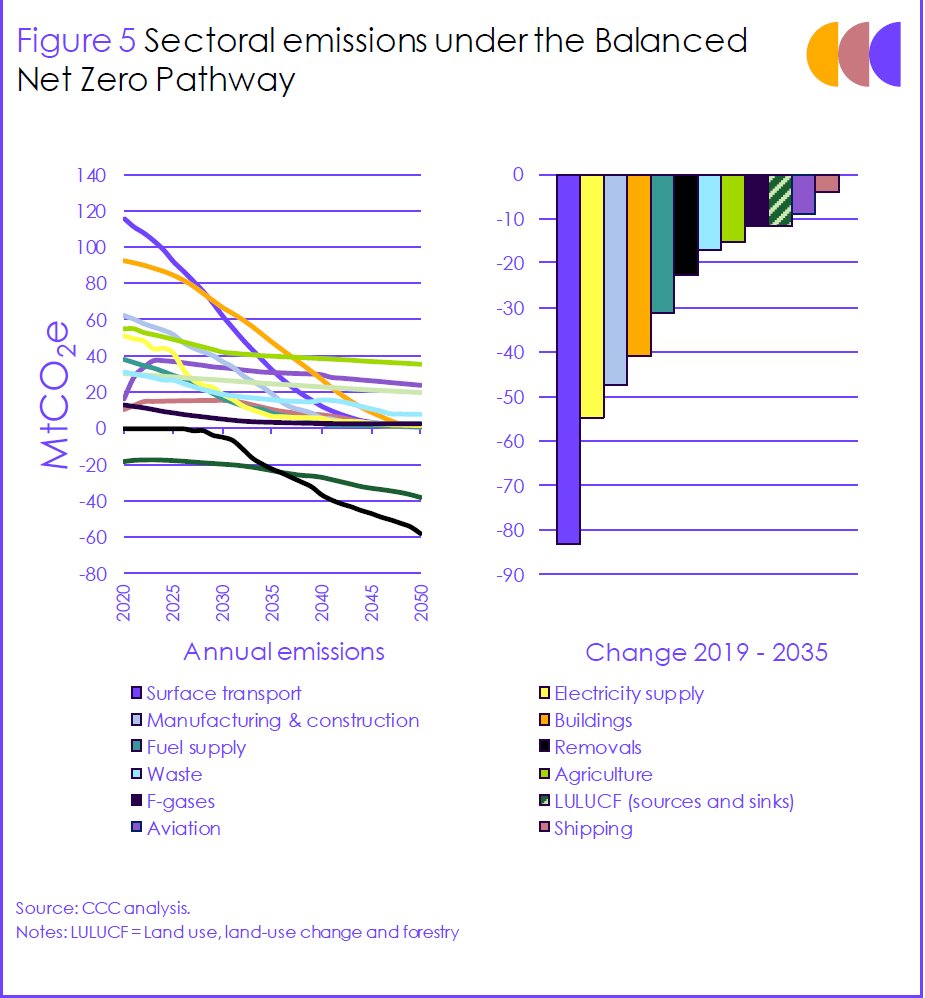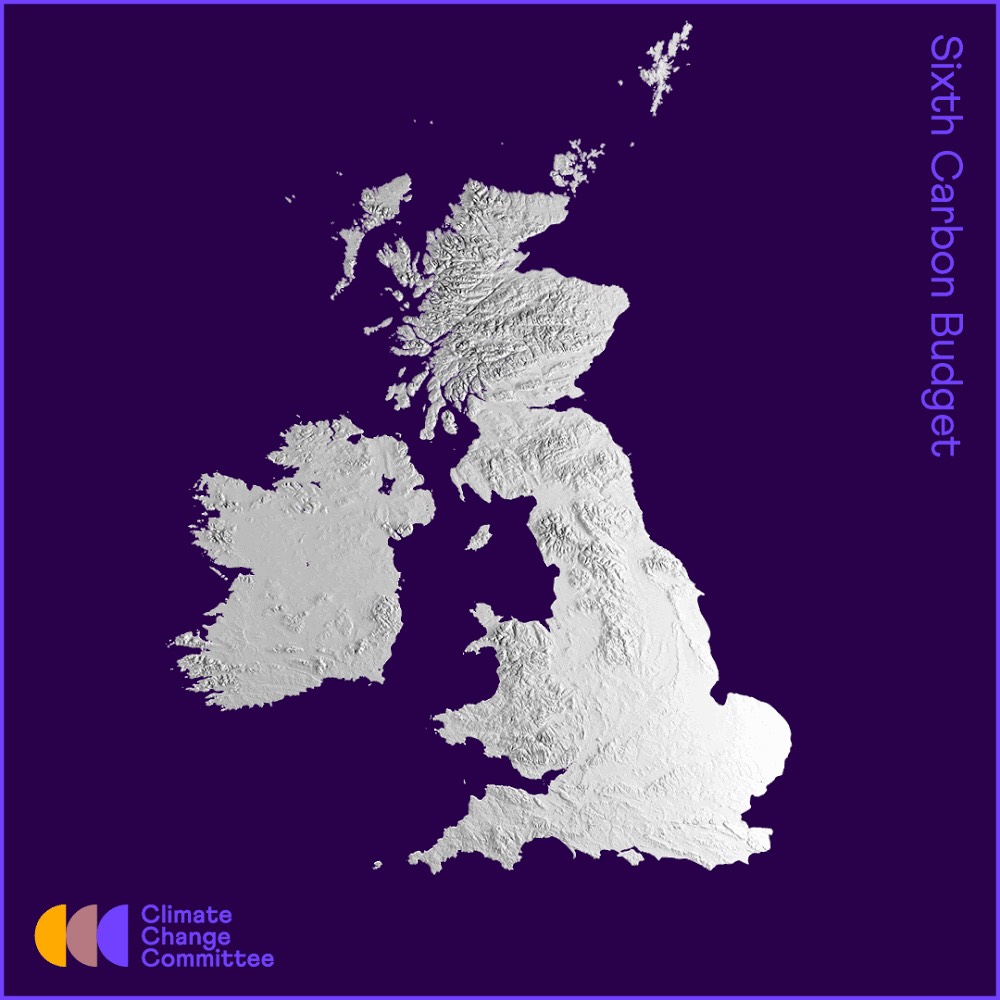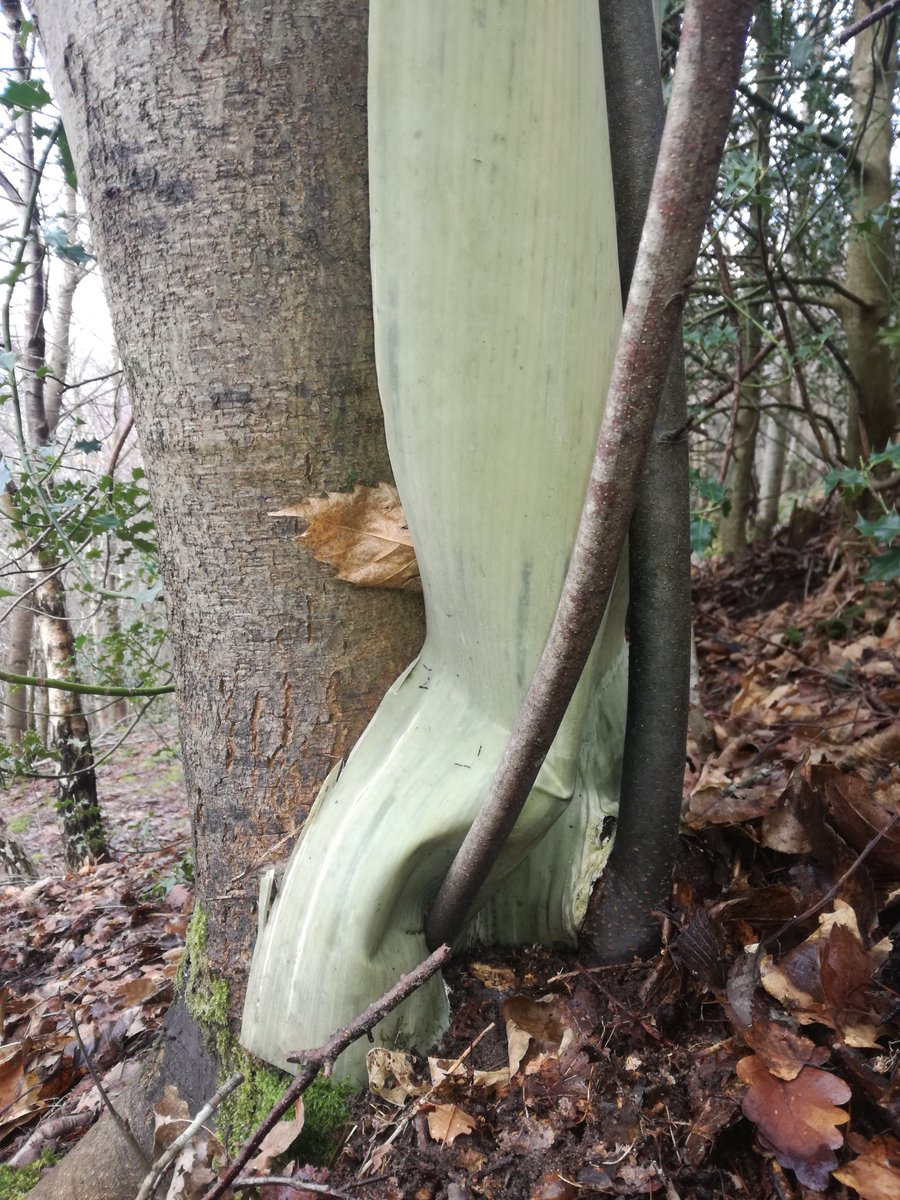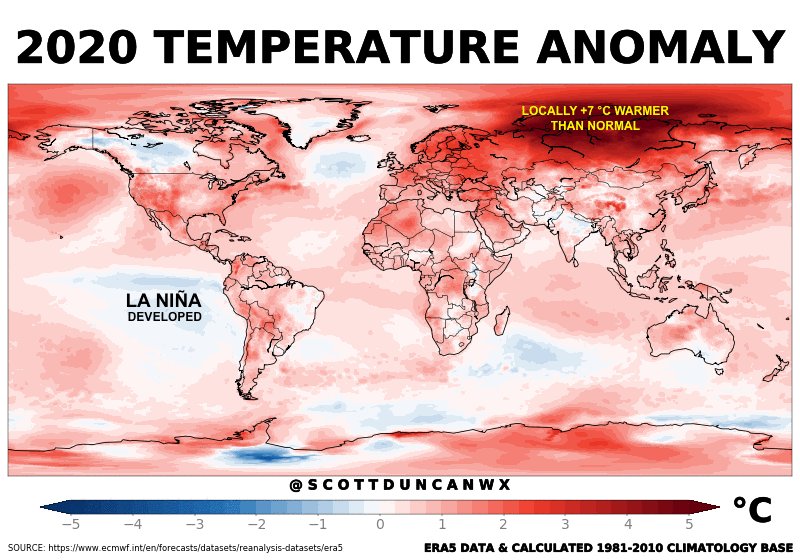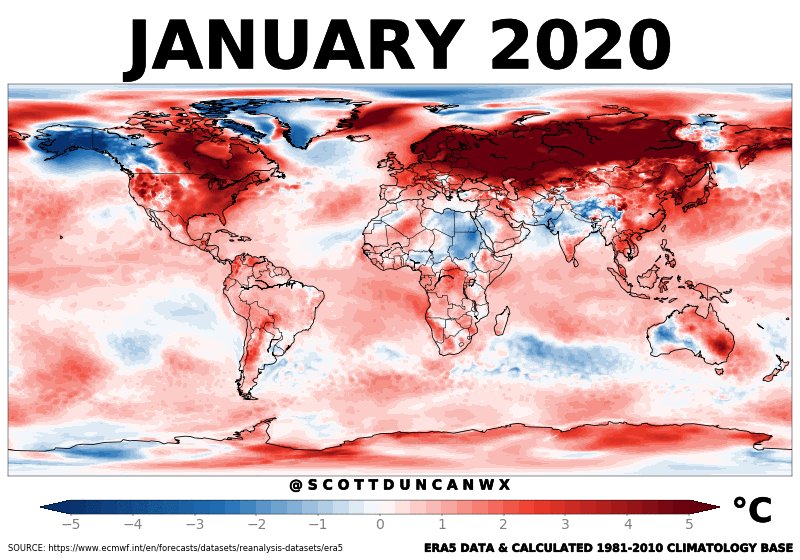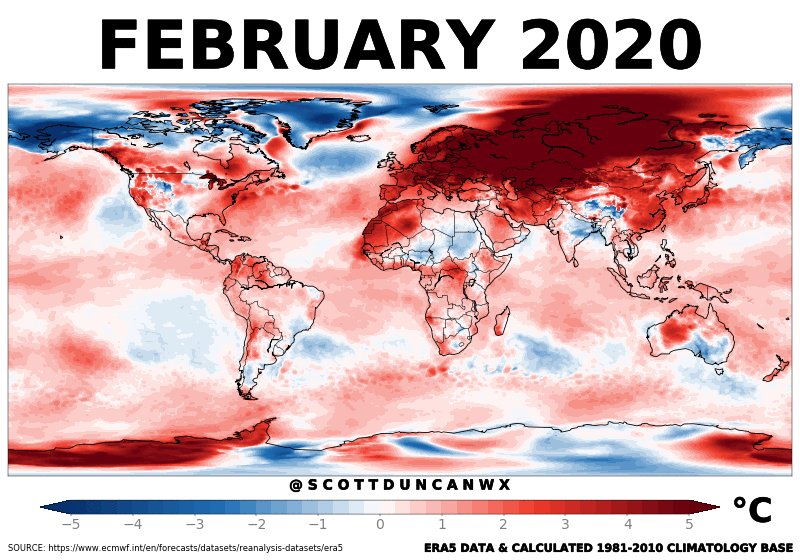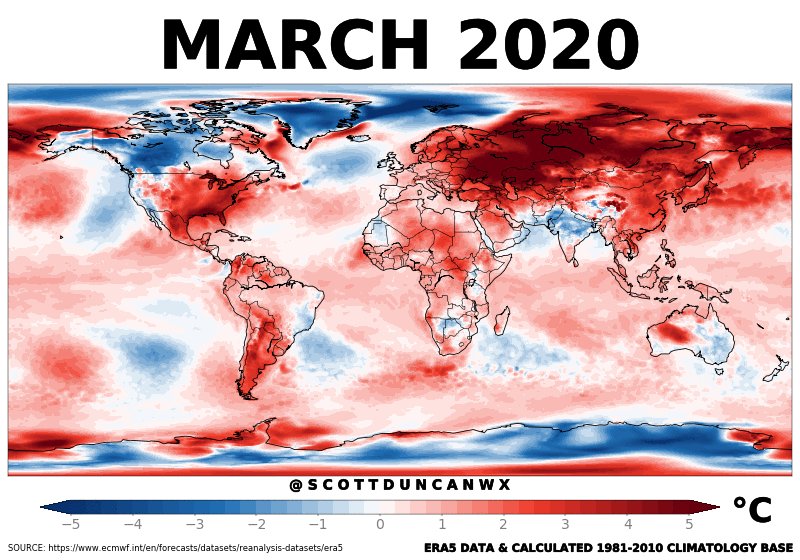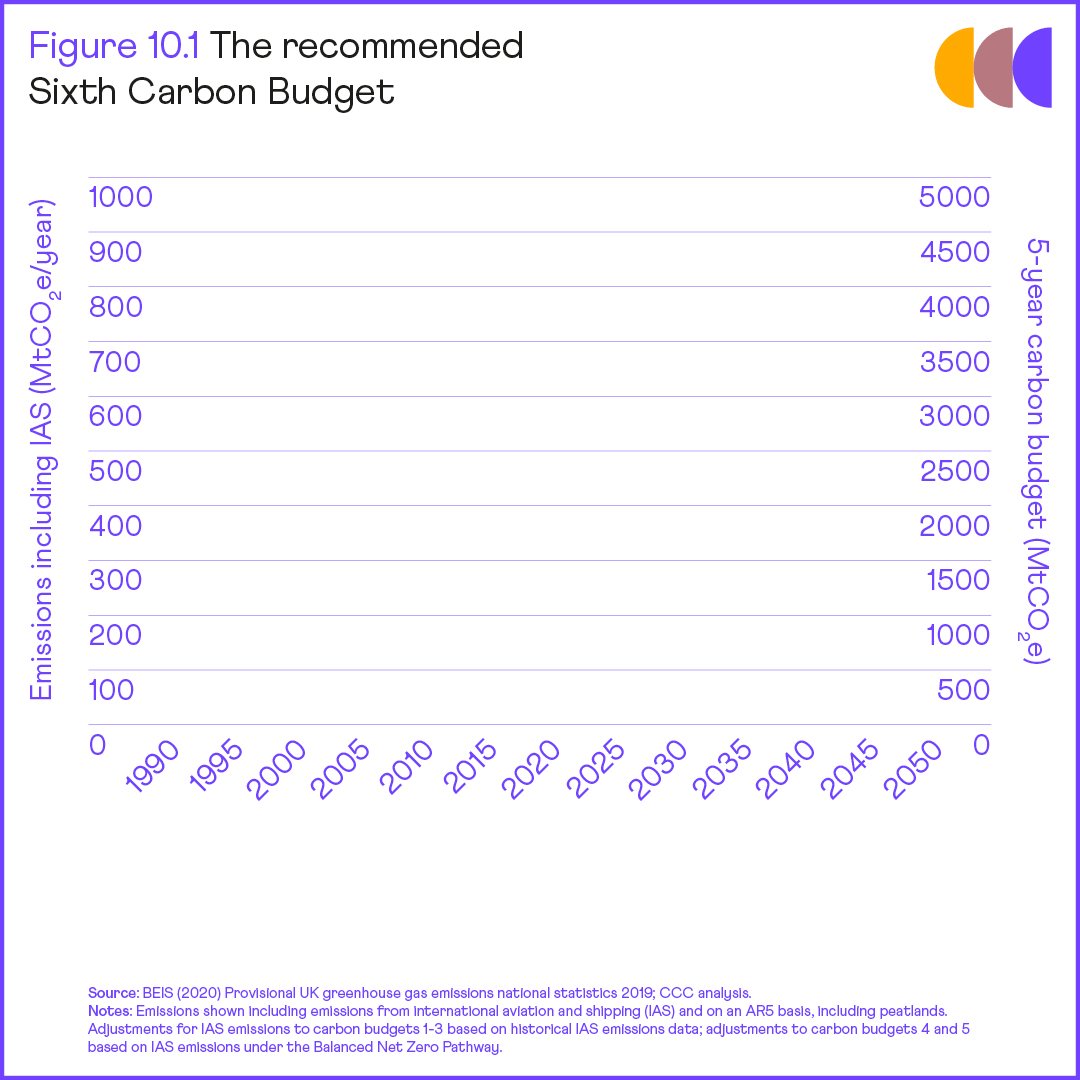
The Sixth Carbon Budget (2033-2037) charts the decisive move to zero carbon for the UK. The CCC shows that polluting emissions must fall by almost 80% by 2035, compared to 1990 levels – a big step-up in ambition. (1/12) #UKCarbonBudget 🧵
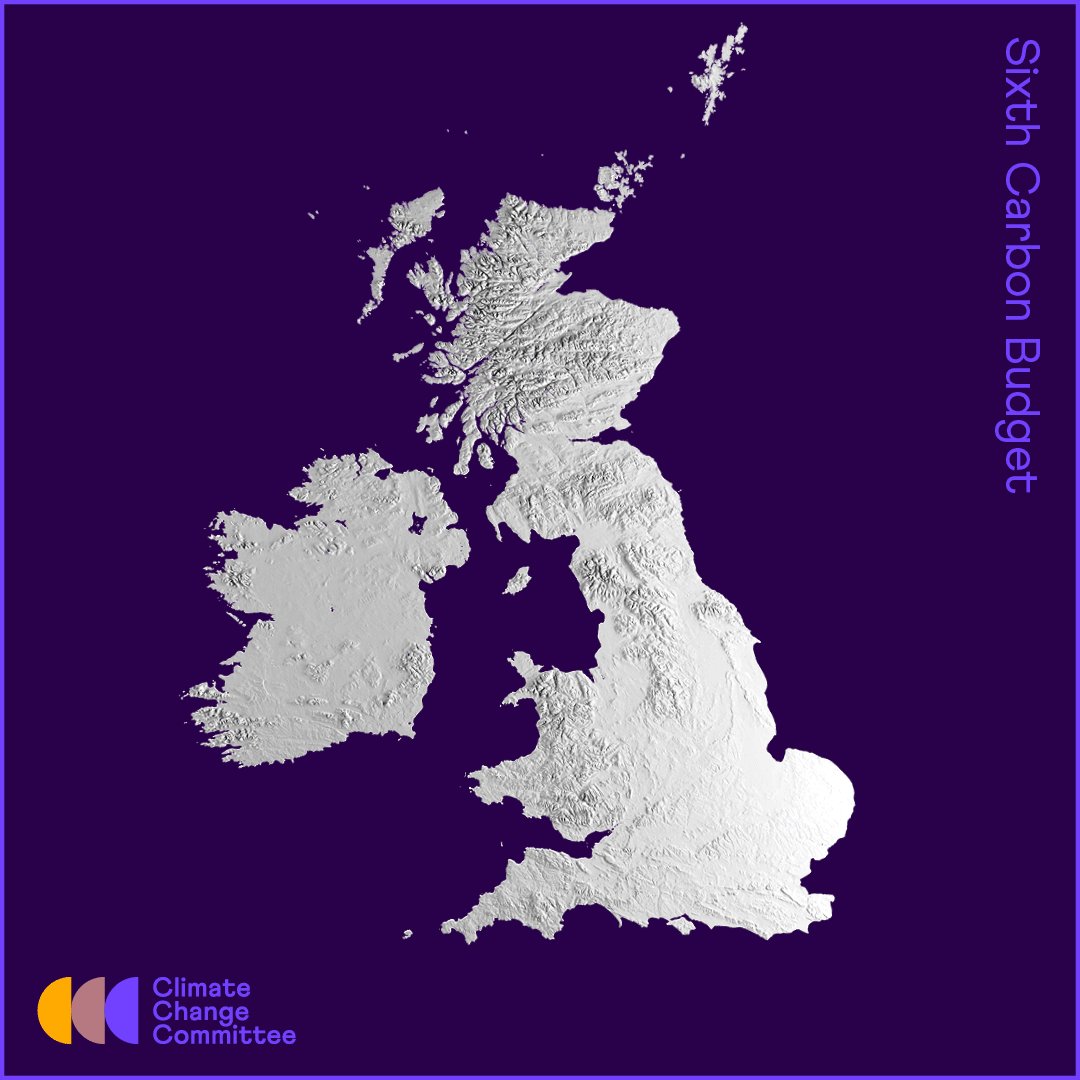


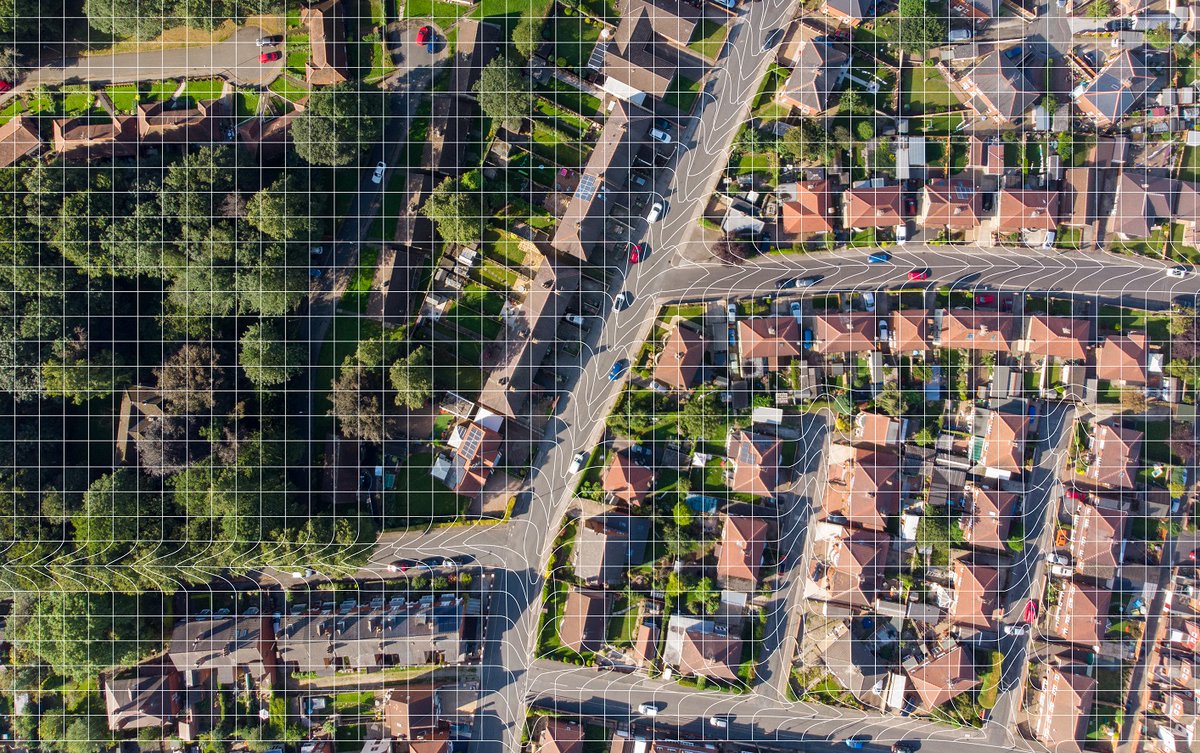
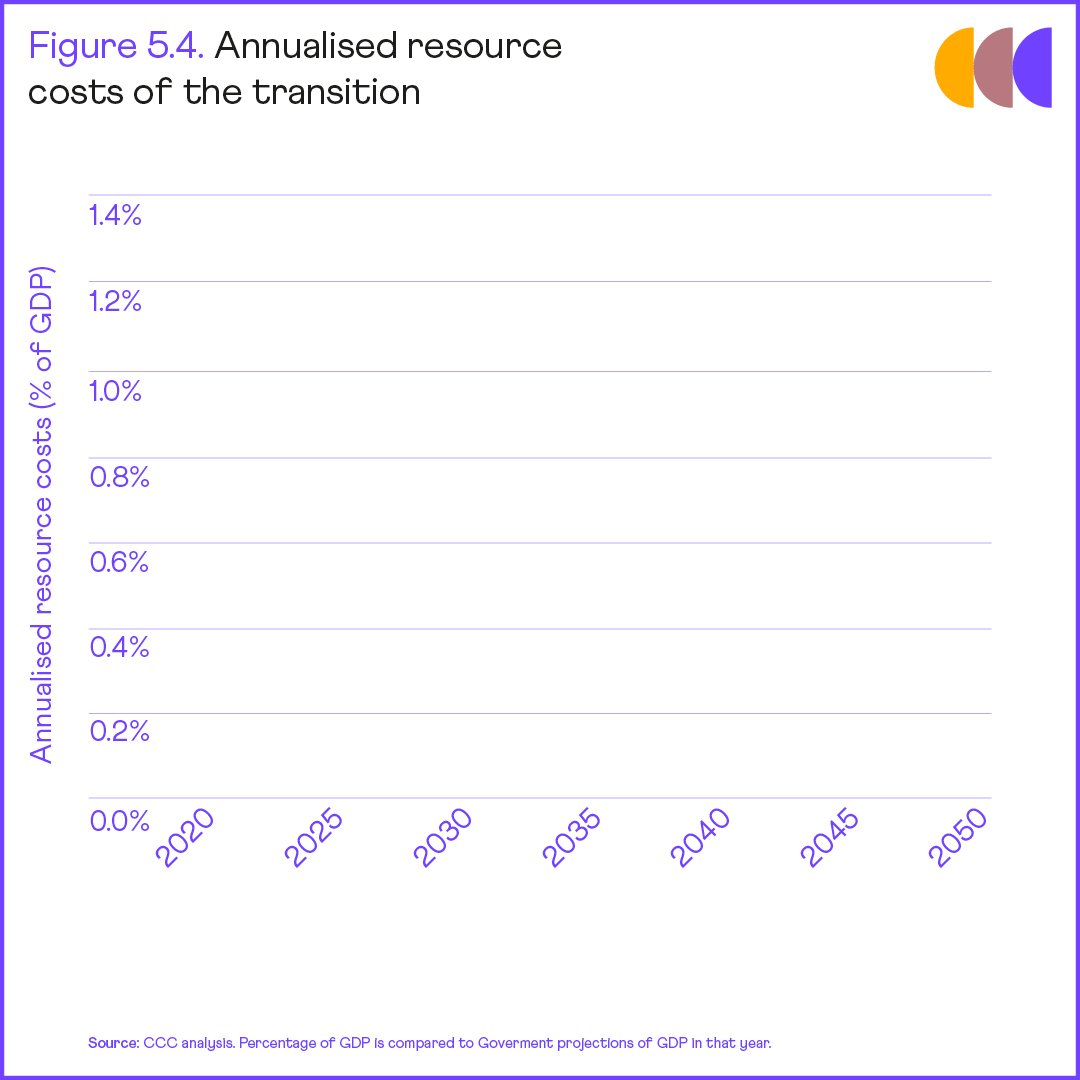


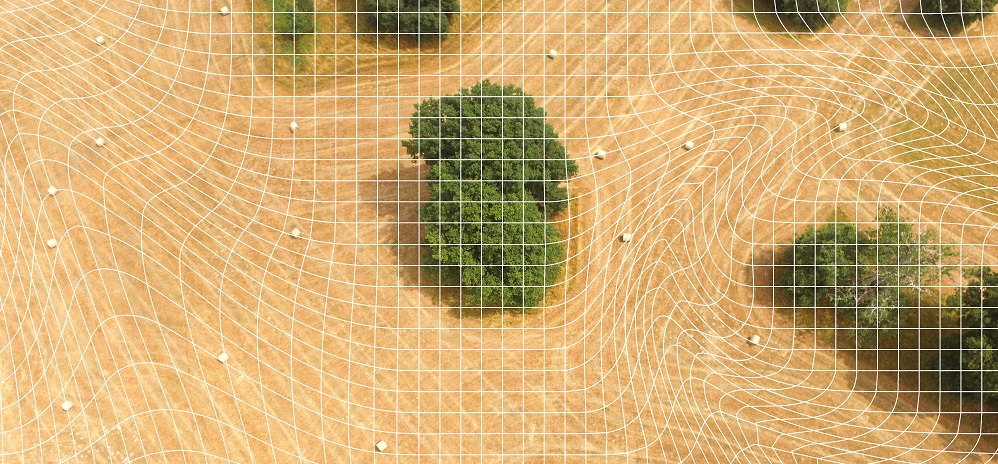
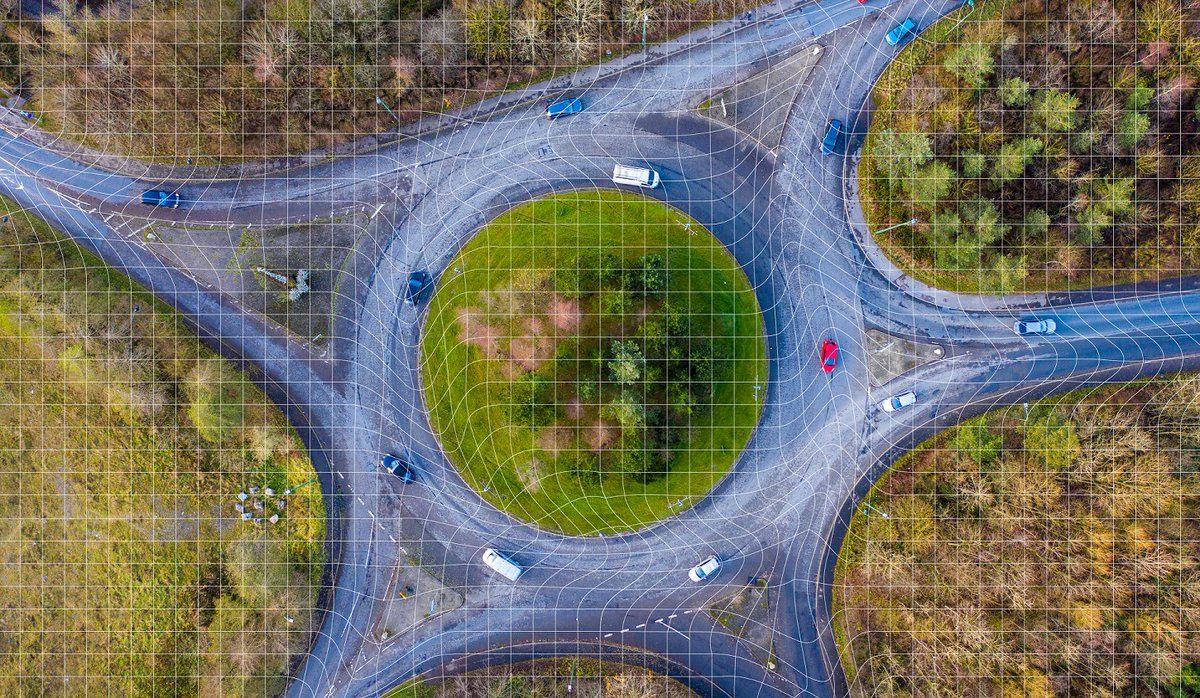
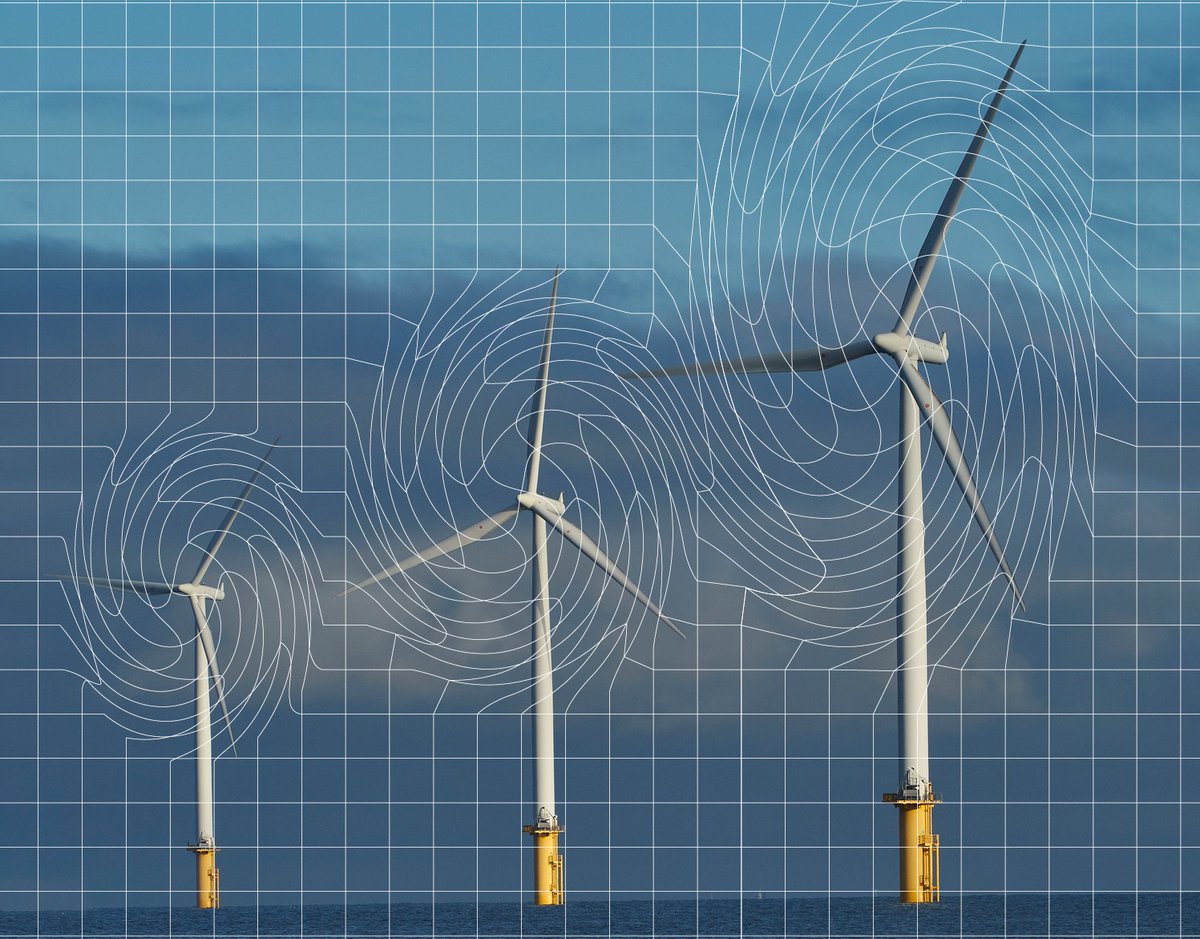
More from Climate change
I previously 👇 documented 20 mechanisms through which climate change is 𝘢𝘭𝘳𝘦𝘢𝘥𝘺 disrupting food production.
Below I am adding to the list including several newly documented mechanisms.
*thread*
Several primary impacts relate to altered soil & plant chemistry & biology:
1. Disruption of the phosphorous cycle - the second most vital element for plants after nitrogen
2. Decreased content of key nutrients in major
3. Reduced chill hours required for many plants to bloom normally in the
Other additional primary impacts include:
4. Fossil fuel pollution impacts on crops - this is not a result of climate change per se, but is included since it is due to the same root cause (fossil fuel use):
Below I am adding to the list including several newly documented mechanisms.
*thread*
1. Heat stress reducing crop yields https://t.co/7SNN00rNox\xa0
— Jim Baird (@JimBair62221006) February 14, 2020
2. Heat stress on farmers (sometimes fatal) https://t.co/jYKjwATe5S, https://t.co/wtcp0kT8Wk\xa0
3. Heat stress on livestock (often fatal) https://t.co/MxogLlksC2, https://t.co/RiJ0A7ezld, https://t.co/rGX2UTTUJM
Several primary impacts relate to altered soil & plant chemistry & biology:
1. Disruption of the phosphorous cycle - the second most vital element for plants after nitrogen
2. Decreased content of key nutrients in major
3. Reduced chill hours required for many plants to bloom normally in the
Other additional primary impacts include:
4. Fossil fuel pollution impacts on crops - this is not a result of climate change per se, but is included since it is due to the same root cause (fossil fuel use):
'future warming and unmitigated ozone pollution in the US, could cause a decline\xa0of 13% in wheat crops, 28% in soybean yield, and 43% in maize by 2050'
— Jim Baird (@JimBair62221006) September 19, 2020
& in India, ozone is 'killing crops that could feed 94 million'#ClimateCrisis #AirPollutionhttps://t.co/T3iTCj5C0X

